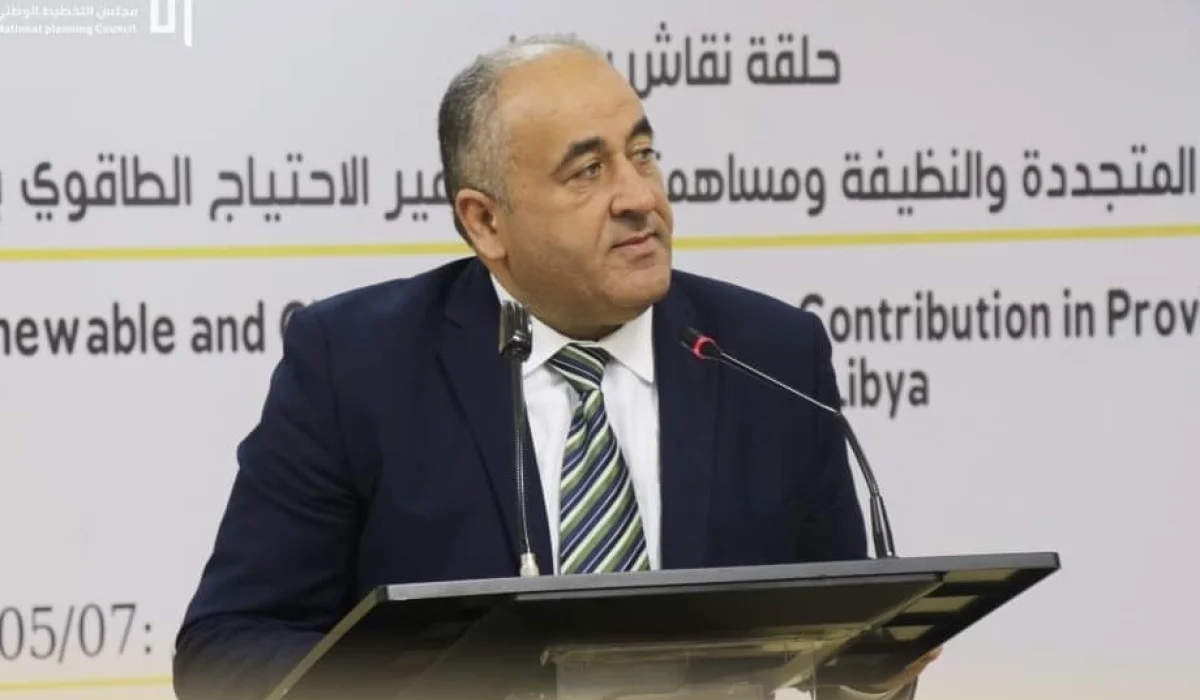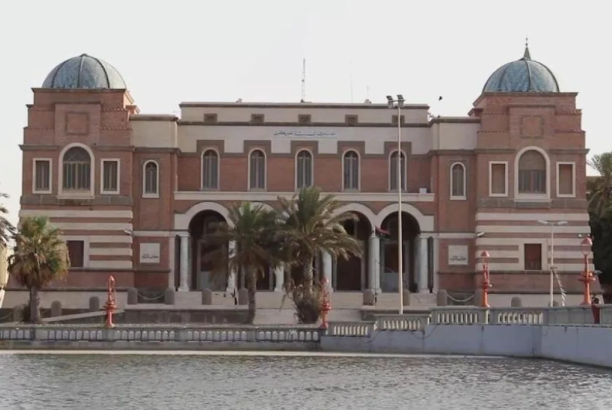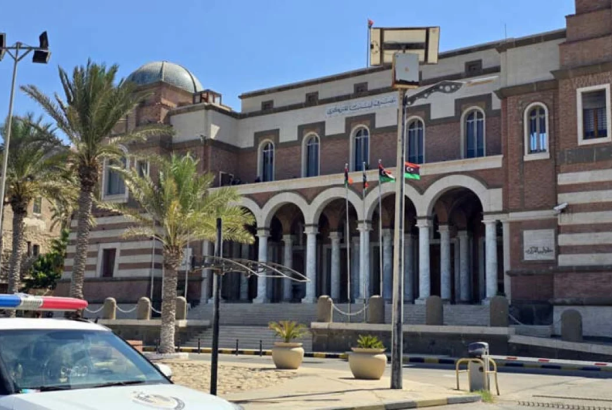
| News
Exclusive: Head of Economic Strategy at National Planning Tells Sada — Economic Reform Is Essential to Stop Using the Exchange Rate to Finance Spending
Nasser Al-Ma’arifi, Head of Economic Strategy and member of the Advisory Board at the National Planning Council, told our source that Libya’s economic situation is gradually deteriorating, placing an increasing burden on citizens.
He explained that the main challenges facing the Libyan economy stem from internal and external political instability, compounded by crises in the foreign exchange market, public finance issues, and institutional division — all of which are negatively impacting people’s lives.
He added that corruption and public spending are continuously rising, while living conditions are steadily worsening.
Al-Ma’arifi pointed out that the National Planning Council, as a platform for society and planning, is working to alert all concerned institutions about the gravity of the current situation. He stressed the urgent need for serious efforts in managing the economy and implementing reform programs that would prevent the future use of the exchange rate as a tool to fund government spending.
He emphasized that subsidies are a right for citizens, not a favor from officials. He noted that countries undergoing economic transitions often shift from in-kind subsidies to direct cash transfers.
However, due to the current instability and ongoing conflicts, modifying the subsidy system remains difficult. He stressed that achieving stability must come first, followed by a gradual reform of the subsidy system — warning that if the current situation continues, Libyans will continue to pay the price of these harsh conditions.





